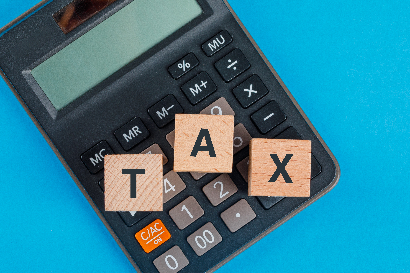

Want to Avoid TDS on Fixed Deposit Interest? Good News for Retirees Under New Tax Rules!
If you’re a retired senior citizen earning interest from fixed deposits (FDs), there’s some good news for you — especially under the New Tax Regime starting from the financial year 2025-26. You can now avoid Tax Deducted at Source (TDS) on your FD interest by using a simple form called Form 15H.
What’s the Issue?
Banks are required to deduct TDS on FD interest if it exceeds ₹1 lakh in a financial year. But what if you don’t actually owe any tax? In such cases, TDS just blocks your money unnecessarily — and you’ll need to file an income tax return to get it back. That’s a hassle, especially for retirees.
Here’s the Solution: Form 15H
Form 15H is a declaration form that senior citizens (aged 60 or above) can submit to their bank to stop TDS from being deducted on interest income.
You’re basically telling the bank:
“Hey, my total income this year is below the taxable limit, so please don’t cut TDS from my interest.”
How Does the New Tax Regime Help?
Under the New Tax Regime, if your total annual income is up to ₹12 lakh, your tax liability is zero — thanks to the Section 87A rebate. This is a major relief for retirees who rely on FD interest for monthly income.
So, if your income is ₹12 lakh or less, and you’re a senior citizen, you can fill and submit Form 15H at the start of the financial year to avoid any TDS on your interest earnings.
Benefits of Using Form 15H
- No money stuck in tax deductions
- No need to wait for refunds
- Simple and hassle-free
- Better monthly cash flow
What You Need to Do
- Calculate your expected total income for the year.
- If it’s below ₹12 lakh, and you’re not liable to pay tax:
- Download or collect Form 15H from your bank.
- Submit it early in the financial year (ideally in April) to avoid any TDS from the start.
In short:
If you’re a senior citizen under the new tax regime with income up to ₹12 lakh, submitting Form 15H can save you from unnecessary tax deductions on your FD interest. It’s a simple step that can help you manage your money better — especially in retirement.










